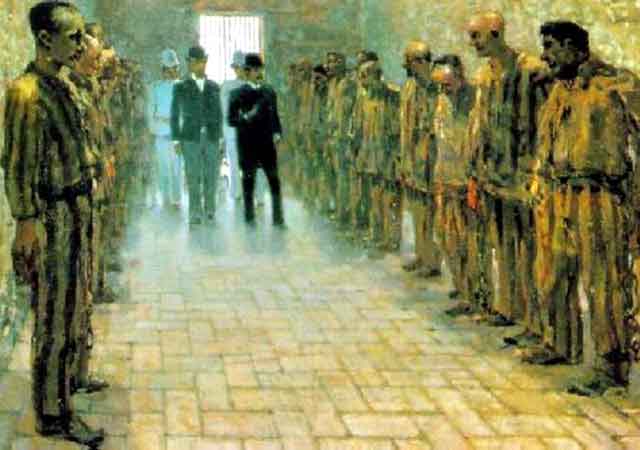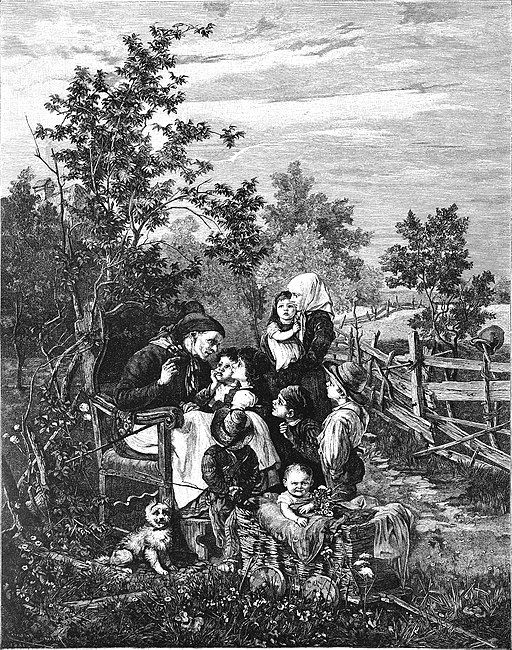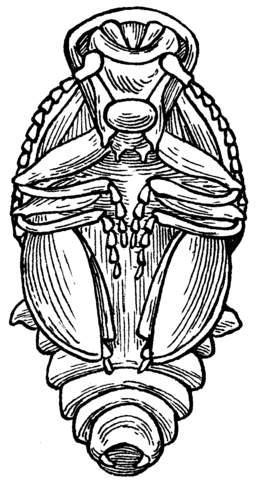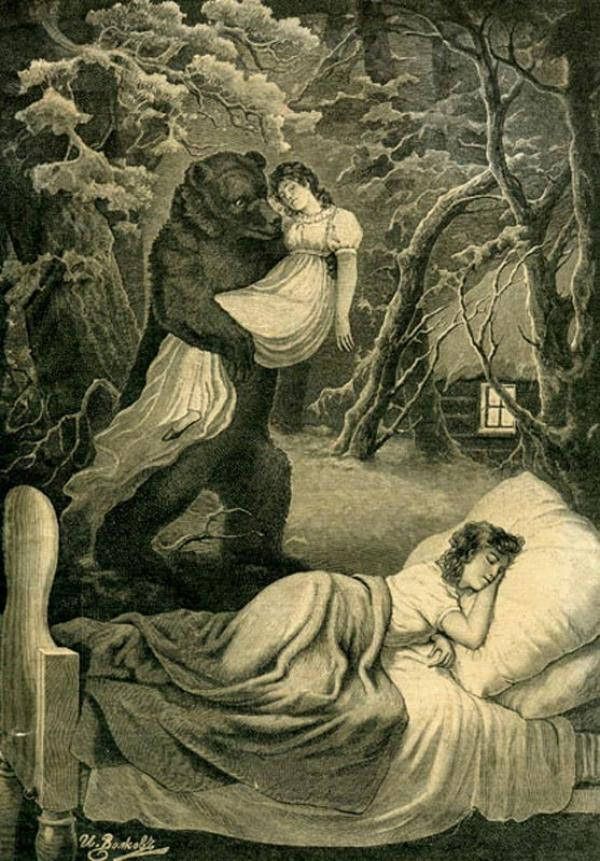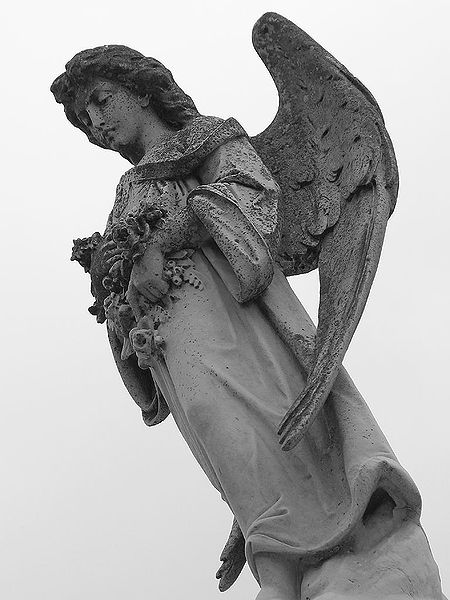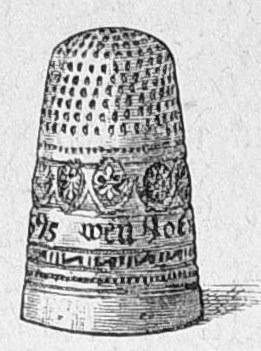Uncategorized18 Jul 2021 06:15 pm

Lorraine Schein
No man is an island—
but magical women are.
Enchantresses get lonely on their islands
with only fish, gulls, and their servants for company,
and no embraces, save for the wild caresses of the sea
or what they can conjure up to pass the empty days
until some shipwrecked sailor comes their way.
On Ogygia, sea nymph Calypso
fell in love with Odysseus,
cast a singing spell on him while weaving
to ensure he’d never leave.
Odysseus stayed for seven years. Music is sorcery.
Though Calypso promised him immortality,
she finally had to let him return to sea
at the order of Zeus, and set him free.
Calypso was the first feminist Greek goddess:
she then complained to Zeus
that goddesses were not allowed
to sleep with mortals, as gods could.
But it did no good.
Sorceress Circe of Aeaea
bewitched his men with song too, then wine
that turned them all to swine.
Hermes gave Odysseus an herb called moly.
Now immune to her spell, he set them free.
Circe was in love with him also.
But it was never mutual with either enchantress—
though both were madly in love with Odysseus
getting home was his one obsession.
Magical women get lonely on their islands.
In bed, no lover whispers at their side
There’s only the murmurs of the wind and tide.
And when a sailor does arrive,
the gods tell them to set him free.
He is more important, and must continue his quest.
So obey they must,
for they are not the gods of Olympus,
or even demigods like Odysseus--
Just enchantresses, isolated on their islands,
where the men wash up like driftwood thrown ashore
or like seagulls soaring over, then seen no more.

